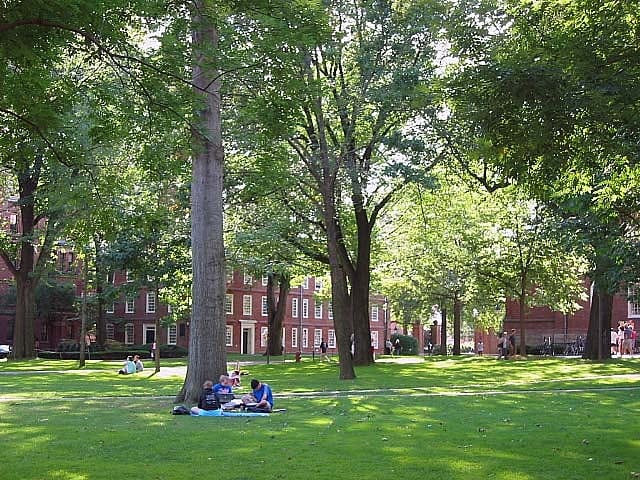A Wall and All That Matters

It once seemed self-evident that if a thing is valuable, it is worth protecting. Conversely, if a thing is deemed worthless, it's tossed away with nary a thought.
But now, at this time in American history, as a caravan of apparent asylum-seekers has finished passing through Mexico (not needing or wanting asylum there, I note) to press on the border of the United States, it feels, at least to me, that the self-evident value of American citizenship is about the worth of a mere bauble.
